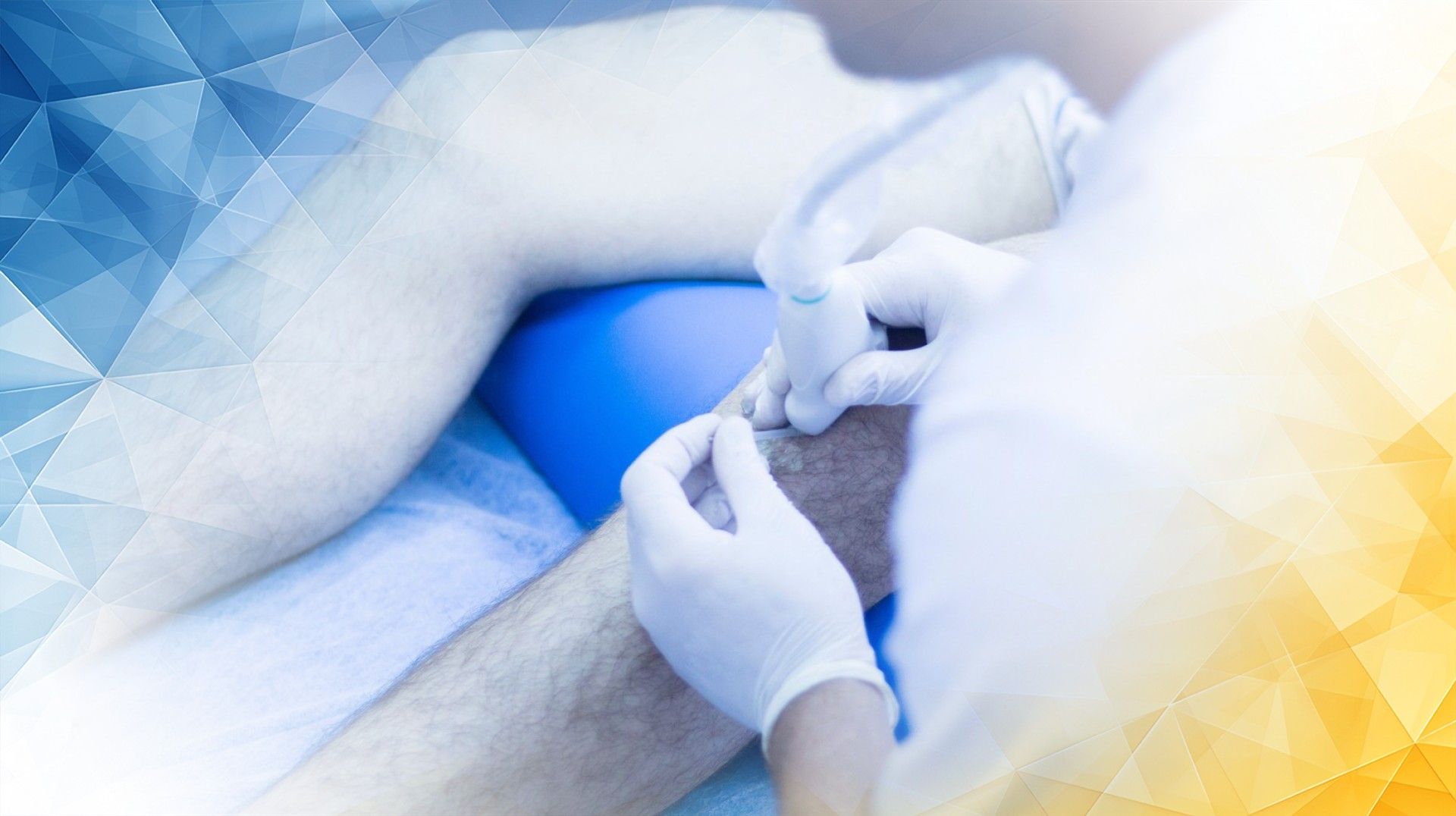



Joint health is a growing priority for many people seeking effective ways to manage discomfort and stay active. Among the available treatments, SINOGEL has emerged as an appealing alternative to traditional steroid therapies. But how do these two options stack up, particularly regarding how long their benefits last and their safety profiles? Adding to the conversation is chondroitin —a natural supplement often paired with joint therapies . This article explores recent research to help you better understand SINOGEL and steroids, focusing on duration of relief and safety, and the supportive role chondroitin may play.
When choosing a joint treatment, one essential factor is how long relief actually lasts. SINOGEL helps improve joint lubrication and protects the cartilage that cushions your joints. Its effects may not be immediate, but studies show that its benefits can endure for weeks or even months, making it especially appealing for those seeking longer-term comfort.
Steroids , in contrast, are known for quick action. By rapidly reducing inflammation—the main culprit behind joint pain —steroids often provide near-instant relief, sometimes within hours or days. However, this benefit is often short-lived, typically wearing off after a few weeks and frequently requiring additional doses to maintain comfort. While steroids are excellent for quick symptom control, they may not offer the lasting results that many people hope for.
Chondroitin , a compound naturally found in cartilage, is often used alongside SINOGEL or steroids. It helps maintain cartilage health and may actually help extend the benefits when combined with SINOGEL . In summary, SINOGEL delivers a slower but longer-lasting improvement compared to steroids, which work quickly but may offer only temporary relief.
Effectiveness is important, but safety is equally crucial when choosing a joint therapy . SINOGEL is generally well-tolerated, with most side effects limited to mild local reactions such as slight irritation at the injection site. Its minimal risk of systemic side effects makes it suitable for a wide range of patients, including those for whom steroids might not be recommended.
Steroids, while powerful anti-inflammatories, come with a higher risk of side effects—especially with repeated use. Potential risks include damage to joint tissues over time, increased susceptibility to infections, and broader issues such as hormonal imbalances. Because of these risks, doctors often limit the frequency of steroid treatments and reserve them for situations where rapid relief is truly necessary. Long-term use of certain steroid formulations may have different safety profiles, depending on how and where they are used, but overall, side effects remain a significant concern.
In this respect, chondroitin offers a valuable advantage. As a naturally derived supplement, it helps support cartilage repair and decrease inflammation without many of the side effects linked to steroids. When combined with SINOGEL, chondroitin not only enhances joint health but may also reduce the need for more frequent or higher-dose steroid treatments, helping patients minimize risk while maximizing benefits.
Both SINOGEL and steroids play useful roles in joint pain management , each with its unique strengths and limitations. SINOGEL is a solid choice for those seeking longer-lasting relief with fewer side effects, while steroids are effective for quick, short-term symptom control. Chondroitin further boosts joint health by complementing SINOGEL and offering safe, natural inflammation relief.
When considering your options, it’s important to weigh the balance between immediate effectiveness and long-term safety. Informed choices, guided by reliable information, can help you achieve better joint health and a more active, comfortable life.
Ahmed, J. U., Siddiqui, E. H., Hasan, M. T., Ferdous, M. A., Billaha, M. M., Majid, A., Mannan, M., Rahaman, M. M., & Khan, D. A. (2025). Review Article on Safety of Epidural Steroid Injections for Lumbosacral Radicular Pain. Saudi Journal of Medical and Pharmaceutical Sciences, 11(01), 52-57. https://doi.org/10.36348/sjmps.2025.v11i01.010
Candy, B., & Hotopf, M. (2012). Cochrane Review: Steroids for symptom control in infectious mononucleosis. Evidence-Based Child Health: A Cochrane Review Journal, 7(2), 403-446. https://doi.org/10.1002/ebch.1827
Sobolev, V. P., & Bidanova, D. B. (2021). The role of intranasal steroid therapy in the treatment of chronic sinusitis with nasal polyps. Meditsinskiy Sovet = Medical Council, 6, 74-80. https://doi.org/10.21518/2079-701x-2021-6-74-80
All our treatments are selected to help patients achieve the best possible outcomes and return to the quality of life they deserve. Get in touch if you have any questions.
At London Cartilage Clinic, we are constantly staying up-to-date on the latest treatment options for knee injuries and ongoing knee health issues. As a result, our patients have access to the best equipment, techniques, and expertise in the field, whether it’s for cartilage repair, regeneration, or replacement.
For the best in patient care and cartilage knowledge, contact London Cartilage Clinic today.
At London Cartilage Clinic, our team has spent years gaining an in-depth understanding of human biology and the skills necessary to provide a wide range of cartilage treatments. It’s our mission to administer comprehensive care through innovative solutions targeted at key areas, including cartilage injuries. During an initial consultation, one of our medical professionals will establish which path forward is best for you.
Contact us if you have any questions about the various treatment methods on offer.
Legal & Medical Disclaimer
This article is written by an independent contributor and reflects their own views and experience, not necessarily those of londoncartilage.com. It is provided for general information and education only and does not constitute medical advice, diagnosis, or treatment.
Always seek personalised advice from a qualified healthcare professional before making decisions about your health. londoncartilage.com accepts no responsibility for errors, omissions, third-party content, or any loss, damage, or injury arising from reliance on this material. If you believe this article contains inaccurate or infringing content, please contact us at [email protected].